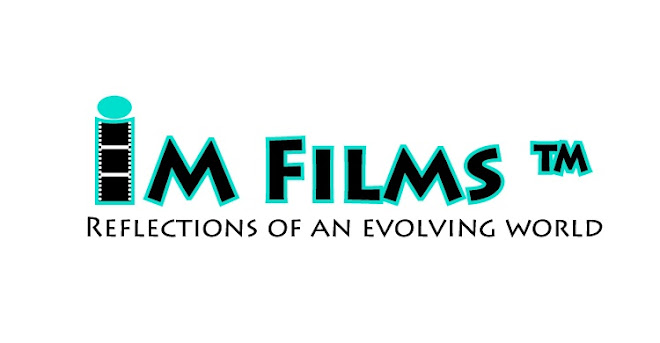A few years ago I watched an extraordinary episode of NBC’s Dateline. It was called A Pattern of Suspicion. The producers of Dateline started out covering the death of a black man who was shot by the Cincinnati police in 2002. That shooting led to public outcry within the black community. But where the story took Dateline went far beyond the confines of Cincinnati. In covering their case, Dateline uncovered what the deemed a national pattern of behavior of racial profiling. Their efforts brought Dateline to St. Louis, where several African Americans of all ages, both male and female shared their experiences. Dateline producers then went the unprecedented step of getting over four million records of police stops for non moving violations. This is impressive, as well as illuminating. Non moving violations often include citations that were not visible to the police prior to the person being pulled over; examples are an expired inspection sticker, expired registration, no insurance, inoperable equipment, and so on. These records suggests that the police officer may have been “fishing expedition”, using race as the sole motivator for the making the stop. The recent arrest of Harvard Professor Gates, while not a “driving while black” scenario, presents another opportunity for black America to be proactive rather than reactive in dealing with a serious issue. An opportunity lost in the madness that followed the 1992 Rodney King verdict.
In the glow of the historic election of an African American president, one wonders if black America has latched onto the fool’s gold of complacency. If so that would be a big mistake. I have little doubt that the Justice Department under Eric Holder will be quite different from the one of John Ashcroft, or Roberto Gonzales, yet, in 2009 time has long passed where our only solution is to passively wait for the government to resolve our problems. The criminal justice system is a billion dollar industry and black men are disproportionately the largest member of that unholy fraternity. We as a community can no longer afford to have allowed the false hope that a political solution is the only solution. As I see it, challenging the status quo by engaging ourselves on a multitude of levels represents a paradigm shift from victims to empowerment. Empowerment works when a community is engaged, proactive, educated. The heroes that we celebrate every February during Black History Month names like Tubman, Douglas, Malcolm, and Dubois were symbols of black empowerment; part of the debt owed to those ancestors is to approach core issues facing our community with the kind of audacity that President Obama wrote about.
As a lifetime St. Louis resident, I have had the opportunity to see racial profiling up close and personal, and simply being angry about it, is a mentality that I can no longer support. As a result, I plan to work with others in the community who are active in this effort, as well as look at new approaches. This fall I will have a community showing of the Dateline episode and facilitate a panel discussion on the topic of racial profiling that will be aimed at taking specific action, reviewing all applicable laws so that we as a community are well versed in our rights, and legal options. Those topics could include but not limited to exploring “Sunshine Laws” to track if one’s plates have been “run” yet they were never stopped, getting clarity on what are the rules governing running license plates, and the ability to gain access to police reports that police use to stop black men. No longer should it be acceptable for a 5’10 black man weighing 200 pounds to be stopped on the basis of a report looking for a 5’5 140 suspect. But to address this issue without developing a comprehensive strategy aimed at both protecting and educating our young people would be a tragic mistake. Currently the NAACP and the ACLU have education programs in place hopefully this process will allow those outreach and educational programs to expand. Finally it is my hope that in 2009, the Internet becomes significant tracking and communication tool by using social networking websites like Facebook to monitor police actions, provide up to date information, and maintain a watchful vigilance. An empowered community has the right, and the choice to make the police accountable for their actions.
Tuesday, July 28, 2009
Subscribe to:
Post Comments (Atom)



No comments:
Post a Comment